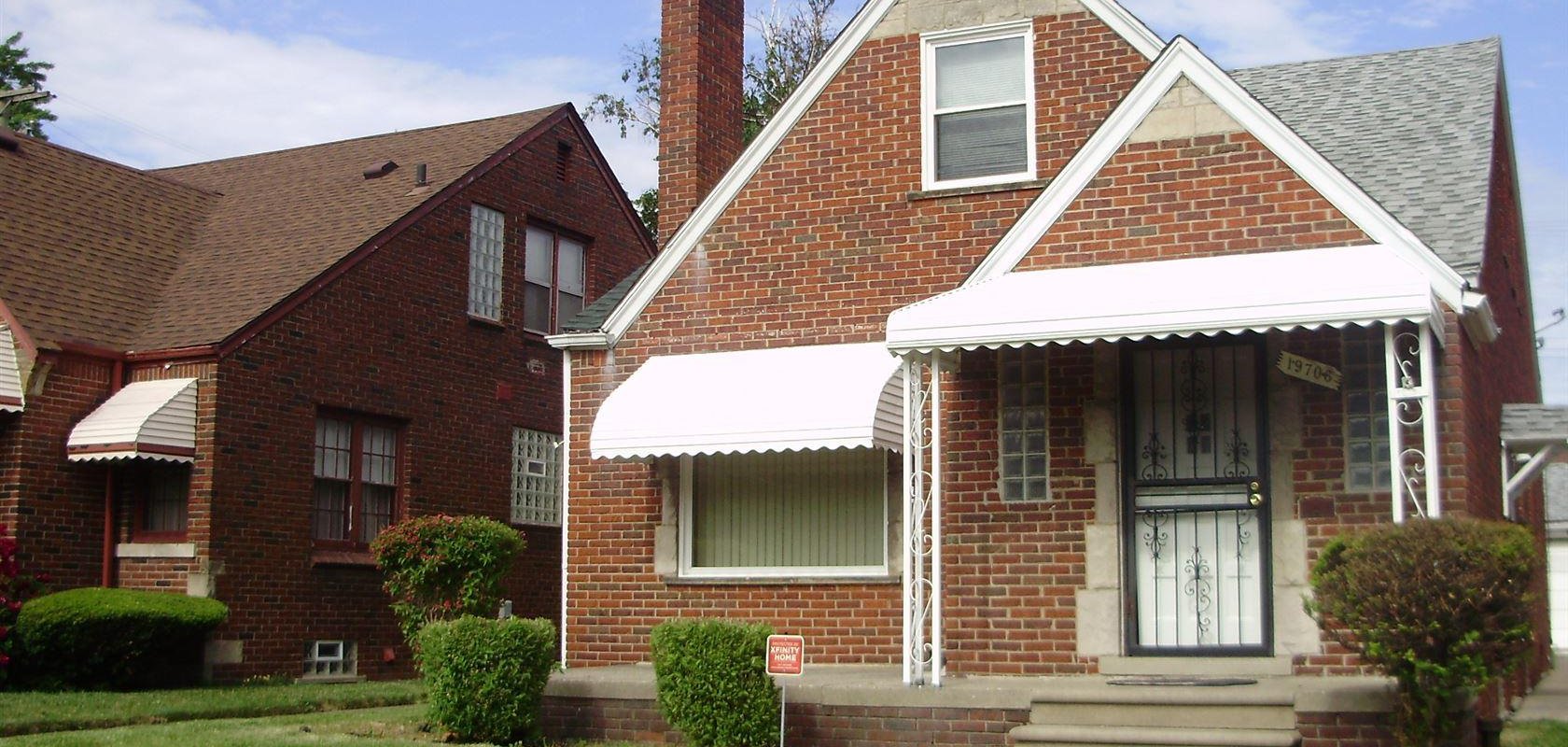Dealing With Probate Property And Going Through The Court System.
Trying to understand the probate process can be a challenge. In this blog post you’ll find out what to expect when dealing with probate in Detroit. Handling a probate property can be very overwhelming. Dealing with the loss of a relative or loved one is hard enough but settling their estate and managing personal property is a huge undertaking. Every state has different rules regarding the probate process. In this article we will give you the basic idea of what to expect during the probate process in Detroit Michigan.
Hire A Probate Attorney And Validate the Will
If a will was left it will need to be deemed valid by the probate court. The court will review the legitimacy and a petition will be filed with the courts. The probate process will occur where the decedent lived or owned their property.
Personal Representative Or Executor Of The Estate
Usually the deceased will specify who they are leaving in charge as executor of their estate. If nobody is listed the court will appoint one. This will typically be the spouse or the child of the deceased. Whoever is named as the personal representative or executor of the estate will become the legal representative in future matters.
Inventory Of The Assets
The personal representative of the estate will need to document all assets of the deceased. Both tangible and non-tangible items should be accounted for. Bonds, stocks and bank accounts and real estate are just a few things of value that will need to be reported. In some cases an appraiser will be called upon in order to determine the “date of death” values of the assets left behind. The probate court will require an itemized list of all assets and their values and how these values were determined.
Notify The Creditors
When someone passes away their creditors will need to be contacted. The creditors will then be able to make claims against the estate as needed. In most states the executor must publish a notice of death alerting any creditors what they were previously unaware of. The creditors will have limited time to file a claim against the estate of the deceased.
Paying Debts
The executor of the estate must pay off any valid debts left behind by the deceased. This includes and creditors that have come forward with a claim as well as any final arrangement costs. There may also be medical bills and other outstanding items that will need to be resolved before any of the assets are distributed.
Handle The Tax Returns
The executor of the estate must file the personal tax returns for the deceased for the year in which they passed. They will also need to pay any estate taxes that are due within about nine months of the deceased passing away. In some cases, assets from the estate will need to be liquidated in order to cover these taxes, thus depleting the value of the assets that are being given to the heirs.
Distributing Assets
As soon as all of the heirs have been notified, assets accounted for, creditors informed, and debts paid, the executor can distribute what is left of the assets as per the deceased’s will and once the court has given approval. If any of the beneficiaries are minors, the executor will need to set up a trust until the minor is of an age in which they can own the property on their own.


